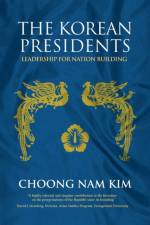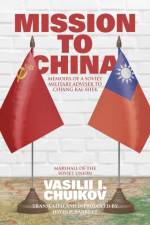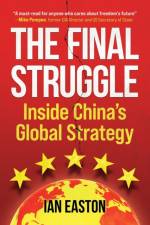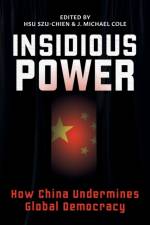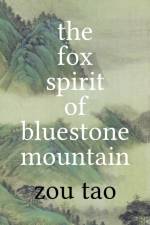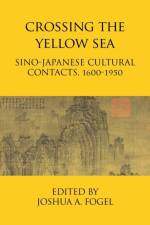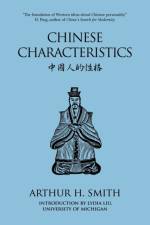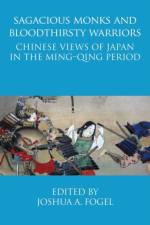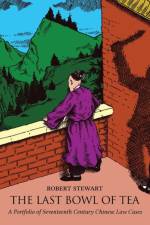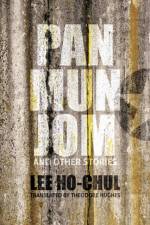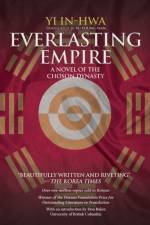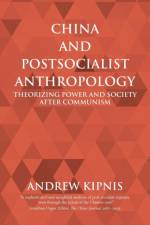von Paul D. Barclay
38,00 €
"Lucid, learned, and superbly translated, Kondo the Barbarian is an indispensable source for those interested in Taiwan's colonial history." -Leo T.S. ChingKondo the Barbarian is a gripping and revealing account of the colonial Japanese era in Taiwan, focusing on the Musha Rebellion and its brutal suppression by the Japanese military. The book presents the translated account of Kond¿ Katsusabur¿, a Japanese adventurer who married into an indigenous Taiwanese family. Kond¿'s journals offer an intimate and personal perspective on the events, though they can also be unreliable and prone to sensationalism.To help readers navigate Kond¿'s account, Barclay has provided a deeply-researched introduction, extensive notes, and context essential to understanding what really happened during the Musha Rebellion. The book sheds light on the cultural clashes and sporadic violence that characterized Taiwan during this period. Through the writing of Kond¿, interpreted and contextualized by Barclay, readers gain insight into the complexities of colonialism, imperialism, and indigenous resistance.The Musha Rebellion was a pivotal moment in the relationship between the indigenous people and the Japanese colonial government. In 1930, after years of oppression, the Seediq people of central Taiwan, led by Mona Rudao, attacked a gathering of Japanese people at a local school, slaughtering over one hundred men, women, and children. The Japanese military responded with overwhelming force, employing tactics including poison gas, artillery, and aerial bombardment to quell the rebellion.Barclay's book offers a fresh and engaging perspective on a tragic chapter in Taiwan's past, and the notes and context provided help readers understand the complexities of the events. The book is an important addition to the growing body of literature on Taiwan's history, and it underscores the power of personal narratives to illuminate broader historical themes. Kondo the Barbarian is a must-read for anyone interested in the history of Taiwan, the contradictions of colonialism, and the challenges of interpreting personal accounts of historical events.

